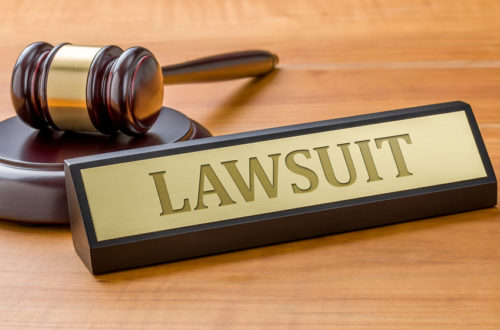Every consumer should review his or her credit report at least once a year to confirm that there are no inaccuracies. Lenders look to a person’s credit score to determine whether he or she is a lending risk. The lower the score, the harder it will be for that person to obtain financing. It can also affect the interest rate on the loan.
Certain actions, such as a judgment against the consumer or a collections action, can negatively impact a person’s credit score. However, if a consumer does have judgments or collections actions on his or her report, it is possible to have this information removed.
The three main credit bureaus, including TransUnion, Equifax, and Equestrian, all offer free credit reports annually. The report will show any outstanding accounts, as well as closed ones, and any collections or judgments filed against the consumer. Collections and judgments are often seen as blemishes on a credit report, as it shows that the consumer has missed payments on accounts in the past. Most consumers are aware of collections or judgments on their report, but many times, someone may have no clue that it exists until it is too late.
A collection notice will normally stay on a consumer’s credit report until he or she challenges the validity of the collection directly with the credit bureau, or the consumer works out a payment agreement with the debt collector.
If the collection action gets to the point where a legal judgment is issued against the consumer, this, too, will stay on the person’s credit report. The judgment will stay on the person’s credit report until it is satisfied in full, meaning it has been paid, per the court’s order.
If, after reviewing the credit report, a consumer still sees a judgment or collection action that should not be on the report, he or she should first contact the debt collector or original creditor for proof of the debt owed. The Fair Debt Collection Practices Act (FDCPA) requires them to provide this information within 30 days of the request being made.
If this verification cannot be produced, or if the consumer reviews the verification and disputes its validity, the next step would be for the consumer to file a dispute with the credit bureau directly. Unfortunately, a dispute will need to be filed individually with each of the three major credit bureaus, although this can be done online. Be prepared to also submit a copy of the bill in dispute, as well as any information regarding why the judgment or collection action should not be on your report.
Even if the debt is past the statute of limitations for Florida, it may remain on the consumer’s credit report. The statute of limitations governs whether the debt collector may be able to sue on the debt, not how long it can remain on the person’s credit report. However, as time passes, the effect the collection notice has on the person’s credit does weaken.
If the consumer files a dispute with the credit bureau and 30 days passes with no response from the creditor to the bureau’s request for information, the consumer then has the right to request that the notice be removed from his or her credit report. Creditors sometimes ignore these requests from credit bureaus, so it always helps to file a request to have them removed, even if the debt is valid. If the creditor does respond to the bureau’s request, it is then recommended that the consumer work directly with the creditor or debt collector to pay the balance. Once the amount is satisfied in full, then the consumer can request to have it removed from his or her credit report.
If you have questions on this topic or are in financial crisis and considering filing for bankruptcy, contact an experienced Miami bankruptcy attorney who can advise you of all of your options. As an experienced CPA as well as a proven bankruptcy lawyer, Timothy Kingcade knows how to help clients take full advantage of the bankruptcy laws to protect their assets and get successful results. Since 1996 Kingcade Garcia McMaken has been helping people from all walks of life build a better tomorrow. Our attorneys’ help thousands of people every year take advantage of their rights under bankruptcy protection to restart, rebuild and recover. The day you hire our firm, we will contact your creditors to stop the harassment. You can also find useful consumer information on the Kingcade Garcia McMaken website at www.miamibankruptcy.com.
Source: MoneyCheck


